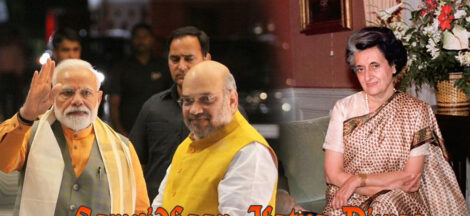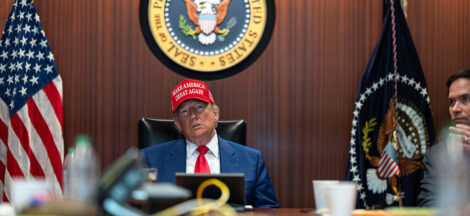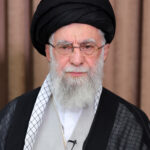By Ashis Biswas
KOLKATA: Despite running the administration for almost eleven months virtually unchallenged, the interim Government in Bangladesh has not been able to achieve functional cohesion or departmental coordination even on major matters of policy. The most recent example is a controversy within the administration over the proposed new trilateral grouping, meant to promote and expand economic co-operation among China, Bangladesh and Pakistan.
Only days ago, sections of the Bangladeshi print media prominently displayed the news.., Some reports gleefully claimed that this initiative would cause serious concerns above all in India, as the Delhi-based NDA Government would invariably think that the primary motive behind this was more political than economic — the real objective was to isolate India.. Such an assessment in Delhi would be natural because since the anti Awami League coup of Aug 5, 2024, India had lost its only trusted ally, Bangladesh, in South Asia.
Contrary to such speculation, there was hardly any official reaction in India to the announcement. As with most countries in South Asia or elsewhere, official attention was mainly focused on the major ongoing conflict involving the mighty US, along with Iran and Israel, both heavyweights in military terms in West Asia.
Bangladeshi media reported that the idea for a new trilateral grouping had indeed been discussed among top officials of the countries involved at Kunming, China some time ago. However, the move was examined only at the preliminary level. There was no question of the matter being discussed officially.
The major reason for this was, unlike the other parties involved, Bangladesh was being ruled only by an interim government. It was not in a position to take major policy decisions on its own. The first priority for Bangladesh was to organise free and fair general elections at the earliest. Before the polls, the interim government had to introduce some new measures within the administration and hold talks with political parties contesting the polls. .
The reports further claimed that it had been fully understood that there would be no public announcement about this. Both China and Bangladesh agreed that there should be more talks before going public.
It seemed that a ‘leak’ had unfortunately occurred and it could only emanate from Pakistan. Dhaka-based reports named Pakistan as the main suspect behind the press reports that followed. A Bangladeshi official involved with the preliminary talks, apart from criticising Pakistan, also took on the interim Government officials. What with the elections and many other issues that needed to be settled urgently, there was enough work to. keep the Dhaka-based administrators busy for the next many weeks. They hardly needed to face awkward press queries or questions from common people regarding not-so-urgent issues.
The Kunming meeting, part of the 9th South Asia China Expo session came out with five major announcements on major regional issues. As for the new triangular initiative, it had been discussed only at the sidelines of main proceedings.
Among Bangladeshi official circles, not everyone was convinced that the matter was as informal as was being suggested, seeing that Dhaka’s initial approval for the move must have been sought. .
The majority of Bangladeshi analysts however felt that an indiscretion had been committed. Both India as well as the US were closely engaged with all major developments in the region. It would be natural on their part to be alert to any new development, going forward. Besides, there was no guarantee that any proposed new group would be more effective than other alliances and associations already at work, such the BIMSTEC, etc. Therefore, there was no reason to feel unduly elated over or excited by such premature leakages. (IPA Service)



 Iran’s Cleric Head Ayatollah Ali Khamenei Is In Complete Control Of The Regime
Iran’s Cleric Head Ayatollah Ali Khamenei Is In Complete Control Of The Regime 